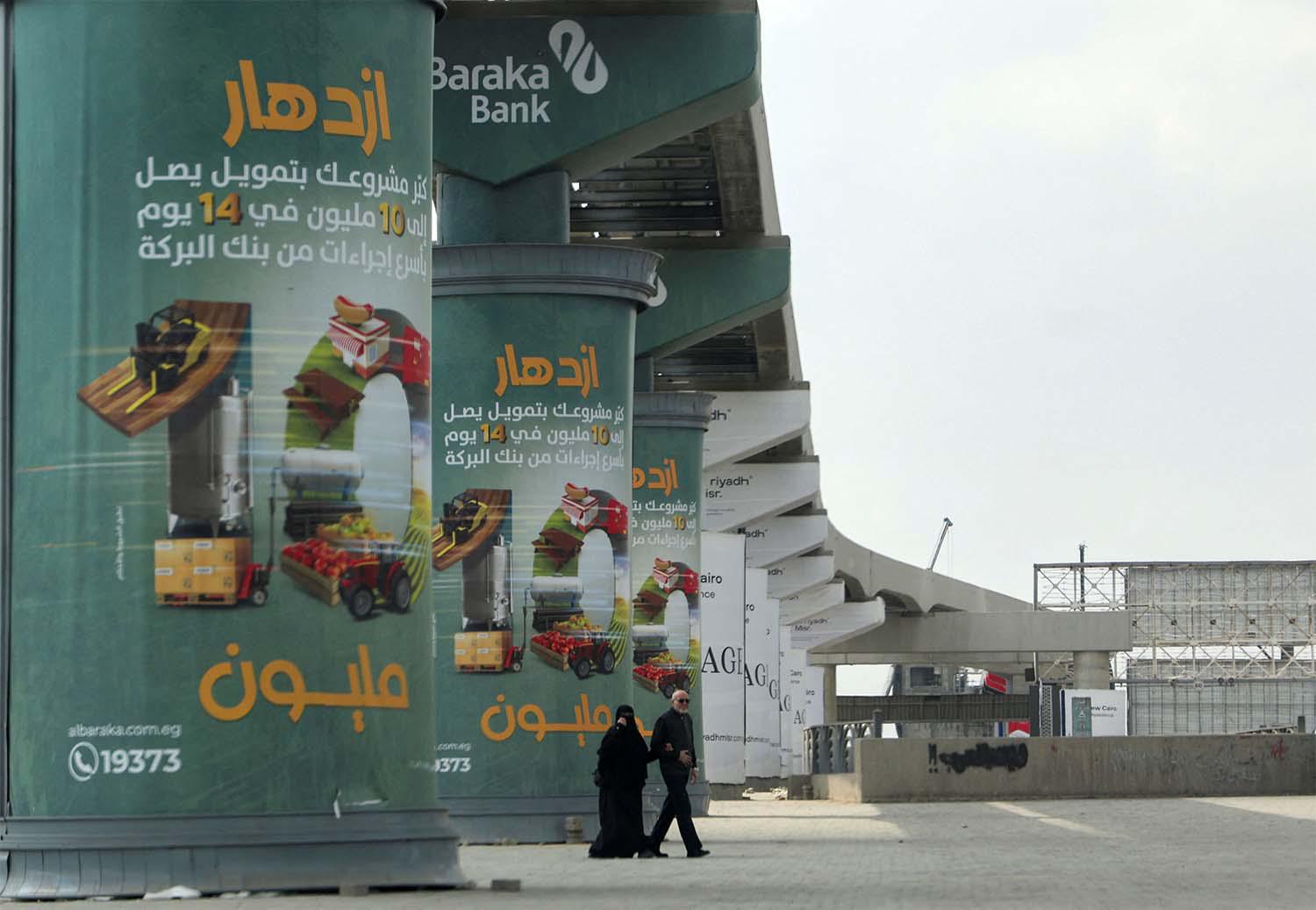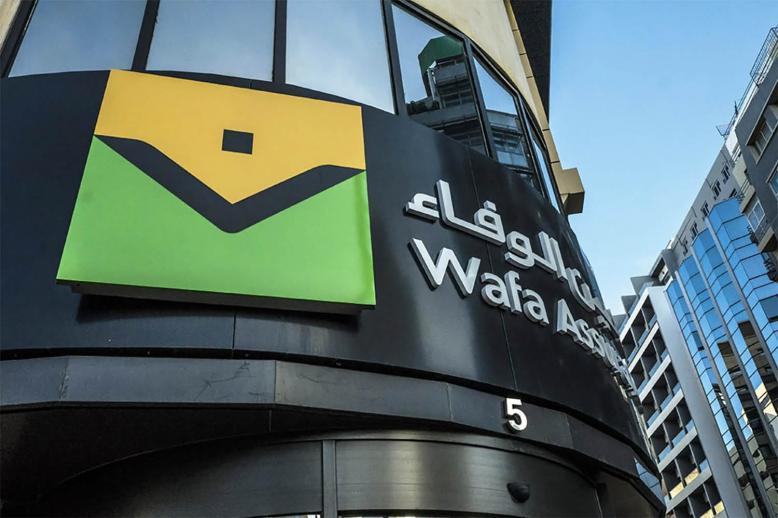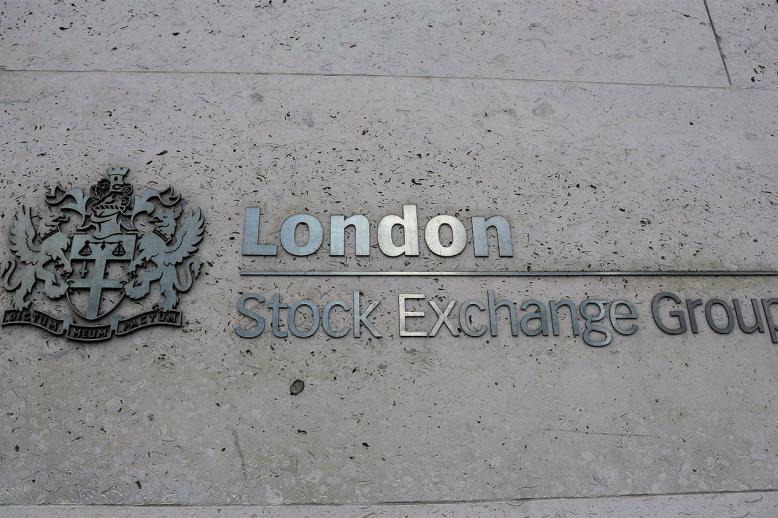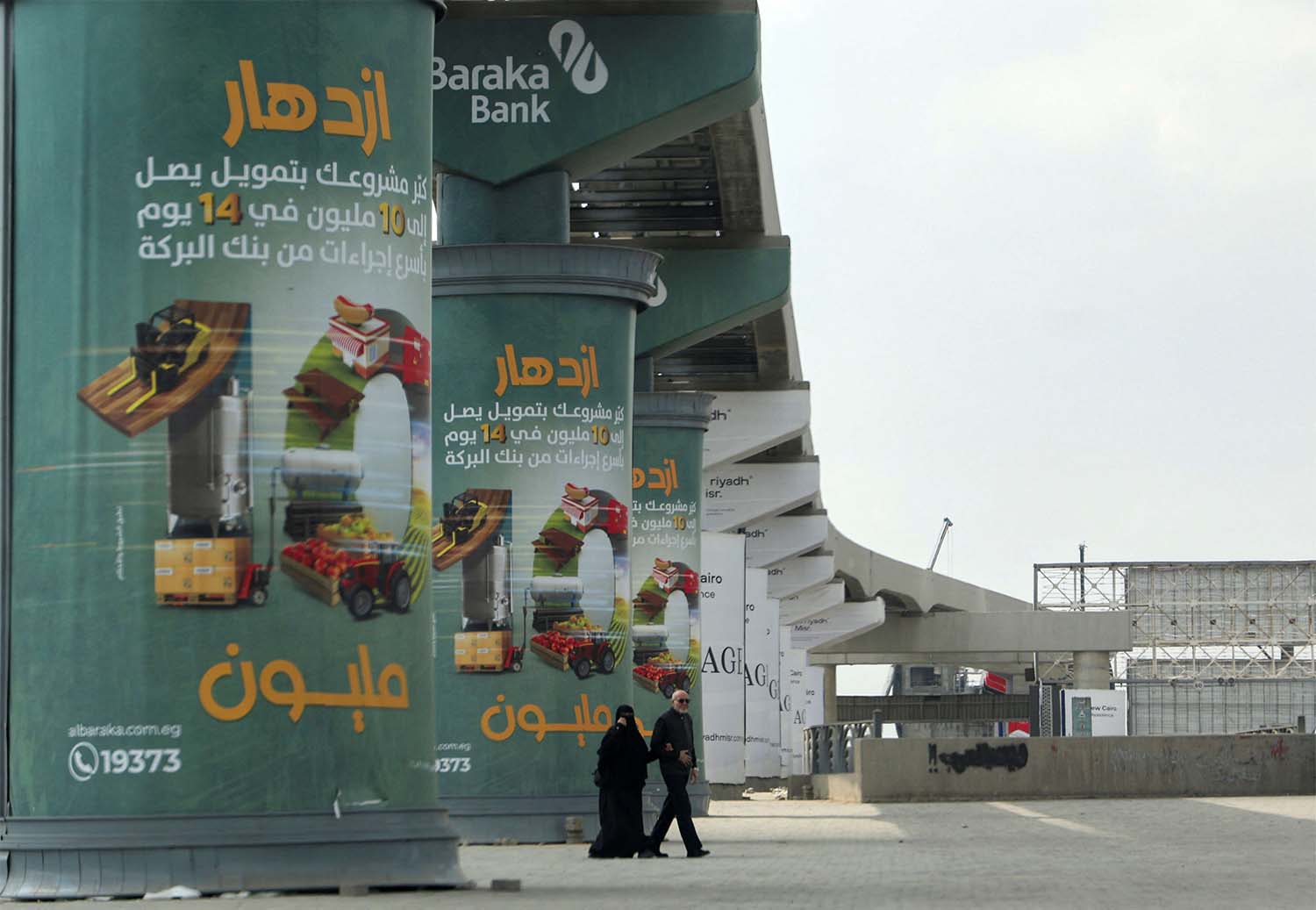Egypt says land sale, IMF accord will ease budget problems
CAIRO - Egypt has taken major steps towards lowering its budget deficit by selling real estate as well as agreeing a support package with the International Monetary Fund, its finance minister said on Sunday.
Egypt's primary budget surplus will rise to above 3.5% in the fiscal year that will begin on July, finance minister Mohamed Maait told a news conference on Sunday.
The primary surplus does not include interest payments, which in the seven months to end-January accounted for well over half of all expenditure and have kept Egypt deeply in deficit.
The finance ministry last month forecast a primary general budget surplus equal to 2.5% of gross domestic product for the current fiscal 2023/24 year.
Egypt agreed in February to sell the development rights to Ras al-Hikma, a prime Mediterranean resort destination, to Abu Dhabi for $24 billion and expects more than $20 billion from an IMF-led package signed last Wednesday.
The package includes $3 billion in funding from the World Bank, Maait said.
"The positive part is the Ras al-Hikma deal, a not-small portion of which will enter the general budget in pounds," Mohamed Maait told reporters. "The total deficit will be less than targeted because of Ras al-Hikma."
Maait said the budget had been hurt by a drop in Suez Canal and other revenue, while expenditure had surged because of a sliding currency and higher interest rates on Egypt's debts.
As part of the IMF package, Egypt devalued its currency to around 50 Egyptian pounds to the dollar from 30.85 pounds and raised its key overnight interest rates by 600 basis points.
A chronic shortage of dollars has led to an immense back-up at ports. Since January, Egypt has released $13 billion worth of goods from ports, Maait said.
Maait said the government would continue a programme of budget tightening as well as pursuing further sales of state assets and was aiming to keep the country's debt at under 90% of gross domestic product.





